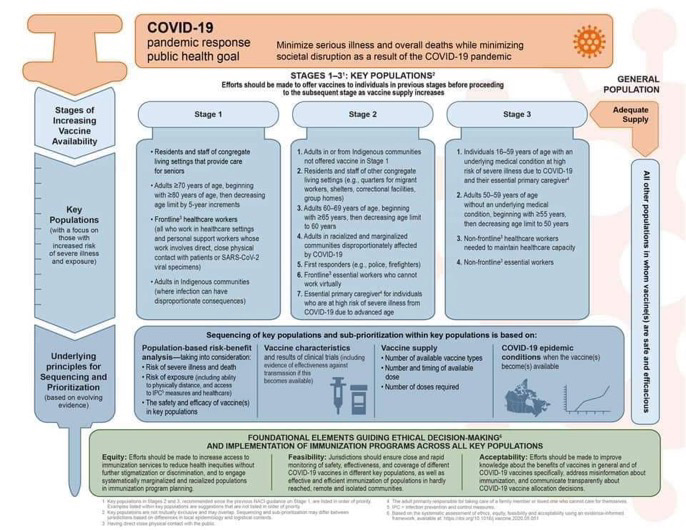Colleagues across a wide range of fields–from the humanities to the natural sciences–and I have begun a campaign to end the use of the Canadian Common CV.
For those not on Twitter who are interested in reading and perhaps signing the open letter, you can access it here.
How to sign the letter
Signing is a 2-step process.
Step 1: Follow the link in the letter in great big text highlighted in yellow. You will be asked to enter your email in a form. (I am deliberately not providing the link here because you should read the letter before signing!)
Step 2: the system will send you an individualized link. Please check your spam folder for an email from noreply@qemailserver.com (subject line, “CCV letter next step / lettre CVC prochaine étape”) and click on the individualized link.
This 2-step process is necessary because our group of volunteers lacks time and capacity to collect and verify signatures by hand. (We’re too busy updating our CCVs …)
There has been plenty of discussion on Twitter about the CCV and this campaign. I rapidly assembled a collection of tweets and other links to provide an overview to those who are not aware of these discussions.
Thank you for your interest! Please share this information with colleagues so they may be aware of this campaign.
Edited to add:
I want to address something that I’ve heard from some people. Some people like the idea of the CCV because in their minds, this would allow for bibliometric analyses. For example, they’d like to be able to analyze research outputs by grant funding, or examine potential indicators of bias in peer review of funding applications.
None of these people, to my knowledge, have ever worked with CCV data. In my view, they don’t understand its limitations. I and colleagues have conducted analyses on such questions.
You cannot use CCV data to run those kinds of analyses because:
1) You can’t get the data. This is for multiple reasons. First, it’s protected by Canadian privacy law. (I think this is a good thing.) Second, even if you can get around that (e.g., though a contract with an agency), you need to request a data pull, and you may have to wait a long time, be unable to get what you want, or receive data of very questionable quality.
2) Even if you can get the data, it’s incomplete and/or full of errors. For example, as noted in my tweets preceding this comment in the collection of tweets and other links, there is absolutely no way to systematically get complete publication records.
Let’s imagine:
Person A entered their full publication record in 2003 going back 15 years and has carefully kept it up to date. This person has a full publication record in the CCV.
Person B moved to Canada in 2016 after 12 years in the US and started their CCV. They have since completed a CIHR Academic CCV (last 5 years of publications), CIHR Biosketch (last 5 years of publications) and a registration CV (no publications.) This person does not have a full publication record in the CCV.
Person C is a senior investigator and has a gazillion publications. They have instructed their staff to only enter their first- and senior-author publications so that reviewers focus on those. This person does not have a full publication record in the CCV.
Person D gets most of their research funding from contracts. They created a CIHR Project Co-Applicant CCV in 2017 (up to 5 publications maximum) to participate on a colleague’s grant. They also have a generic CCV they started years ago but never finished entering all the data. This person does not have a full publication record in the CCV.
Person E uses the PubMed import function regularly and has accidentally doubled up a number of their publications. They are mostly not exactly the same due to spacing issues, issue and volume details, etc. They have dealt with this by always just selecting one copy of each publication when submitting a CCV and they deleted a few duplicates when they were sure they were deleting the right ones. This person has an inaccurate publication record in the CCV. After tedious data cleaning, their data may be usable, but the cleaning process may also introduce errors.
Person F made copy and paste errors when entering co-authors in their publication record, and are therefore missing co-authors from their publications. This person has an inaccurate publication record in the CCV that will introduce errors when doing analyses that account for co-authorship (as many analyses should, but fail to do).
You cannot possibly conduct valid analyses comparing People A through F and think that you can use CCV publication data as variables in your analyses.
So let’s say that we redesign the CCV, and require everyone to enter or import their entire career’s publication record. (A wildly unpopular requirement, but stay with me here.) Let’s further say that everyone does so, perfectly, with no errors. (HAHAHAHA.) Even under those incredibly unrealistic assumptions, you now have a dataset that bakes in survival bias. You’re only going to get publication records for people who are still applying for funding and therefore filling out CCVs. You’re missing everyone who left academic research or who has gone elsewhere for funding. This flaw is fatal for all the analyses people mention in their wistful, “yeah, but what about …” comments. Academic careers often span decades, so even if we were to start collecting perfect data now, it would still take a very long time before the ripples of survival bias settle in that data lake.
There are perfectly serviceable existing sources of reasonable-quality publication data available now. We should use those, not try to invent a new & improved wheel. (Now with more sticks in the spokes!)
It is far more feasible to run an analysis that combines, say, data from CIHR’s equity and diversity form collected in ResearchNet with individuals’ ORCID numbers or NCBI My Bibliographies. That is actually doable in the near future if CIHR starts requiring people to enter their ORCID ID or link to their NCBI My Bibliography in a ResearchNet form. Doing it with CCV data is not in any way feasible.
This is why the open letter states plainly, “The CCV’s costs are high, and its benefits are imaginary.”



9 thoughts on “#EndTheCCV”
Hey ho, it’s got to go.
I support ending the use of the Canadian Common CV. It hinders more than helps the legibility of one’s accomplishments.
Filling out the CCV is a nightmare. It should be dropped and replaced by something clear, simple, and flexible.
I wholeheartedly agree with everything stated in this letter. The CCV is a huge waste of resources that could be allocated far more effectively to advance research.
This CCV is terrible.
#EndTheCCV
The Canadian Uncommon CV is the single biggest barrier to collaboration I have experienced in 30 years as an academic in multiple G7 countries. It’s truly a national disgrace. Get rid of it.
Using the CCV is so painful! Every step is time-consuming. Some fields are mandatory, others are not. You never know which fields are required by the granting agencies until you generate a funding CV and see endless red Xs requiring more of your time and energy!
The CCV is not what it promised to be: a truly common database for CVs to be used by all granting agencies. Its interface is not intuitive, it is extremely difficult to navigate, and it is not smart ie it is unable to identify and import your publications (like ResearchNet or Orcid) and does not automatically reconfigure the format for each granting agency. As my colleagues can testify, the CCV has prevented collaborations because international colleagues cannot make sense of it. It really must be burned to the ground and completely redesigned based on templates that work.